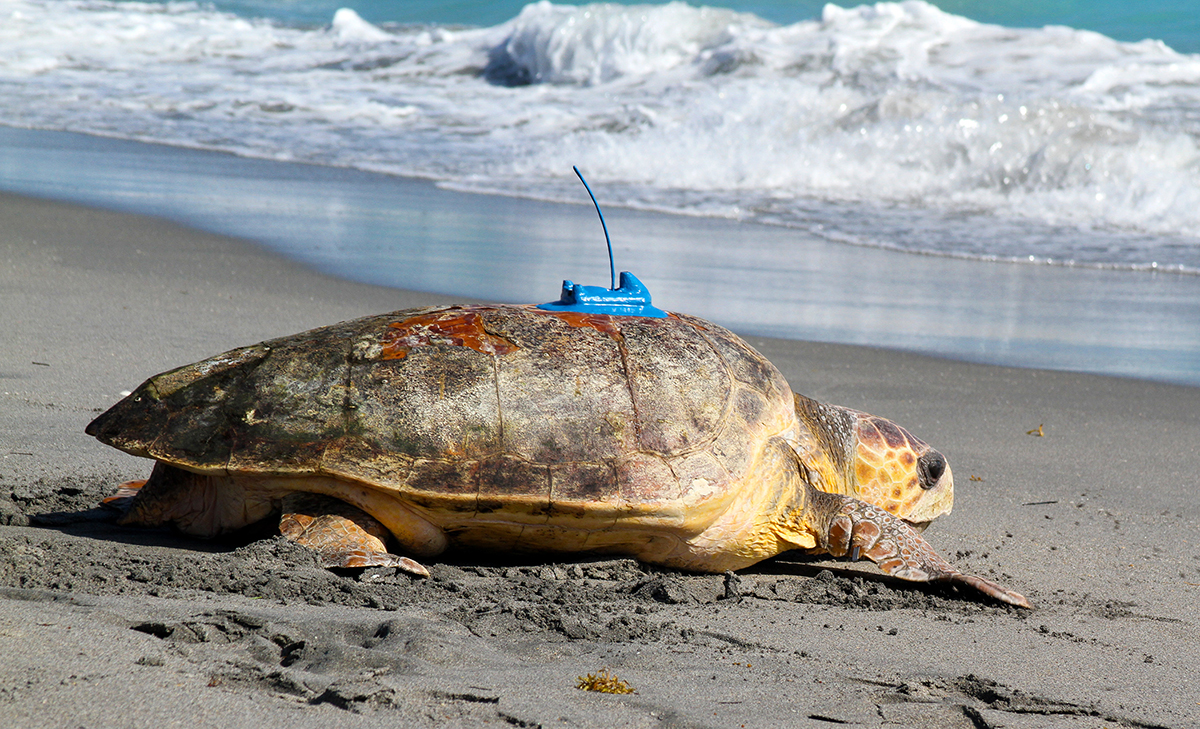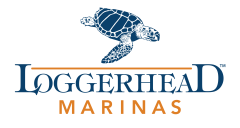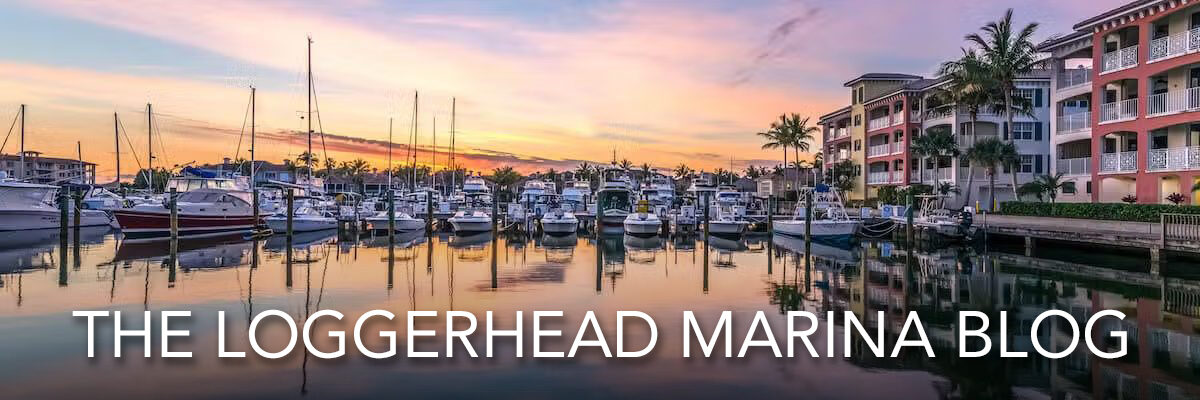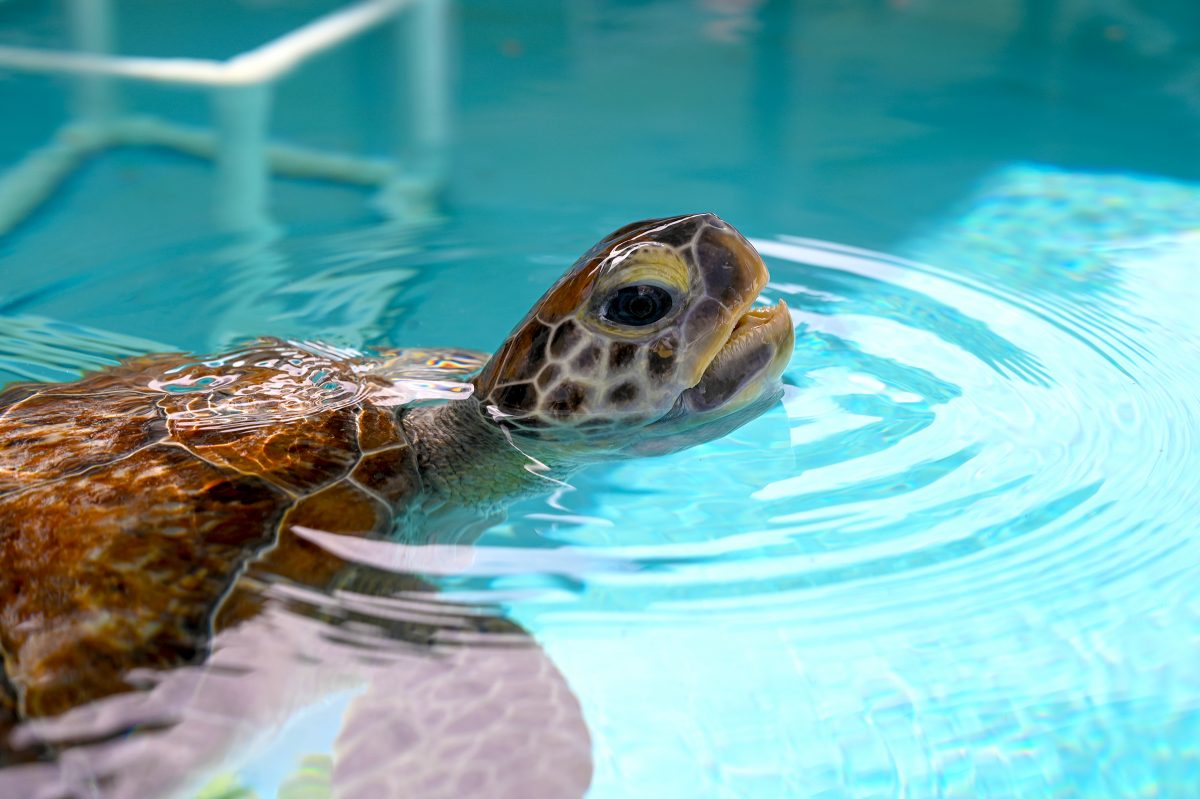For many years Loggerhead Marinelife Center has been thrilled to partner with Loggerhead Marinas on conservation efforts. We look to further that with shared content in the marina newsletters on topics involving our oceans, lakes, and rivers. We recognize that the boating community enjoys time on the water and wish to protect our resources as we do at Loggerhead Marinelife Center.
June 8th is World Ocean Day each year and the month of June has commonly been known as Ocean Month. While our planet is named earth nearly 70% of it is covered in water. This unique feature of our planet helps with climate regulation, transporting heat from the equator to the poles, and regulating our weather patterns. While this is essential for life on the planet there are financial reasons the oceans are important as well. The US ocean economy produces $282 billion in goods and services and employs almost 3 million people. 76% of all US trade involves some form of marine transportation. The ocean provides food and medicine we rely on.

With news of coral bleaching, sea grass die off and ocean plastics it is hard to not have environmental anxiety. Being on the front lines I can say there is still time for hope as we all work to protect our oceans and connected waterways. At Loggerhead Marinelife Center we focus on Rehabilitation, Research, Conservation and Education with a focus on threatened and endangered sea turtles. Sea turtles are a sentinel for what is occurring in the ocean, and we are seeing the effects of plastics in the ocean and increased ocean temperatures.
Last year we treated and released over 2000 sea turtle hatchlings and 85 older sea turtles. Some of these turtles came in with boat injuries while more came to the center entangled in fishing gear. Many green turtles are coming to the Center due to a viral disease known as fibropapillomatosis which causes potentially deadly tumors.
As members of Loggerhead Marinas, you are helping us conduct this important work while also conducting critical nesting research. There are also things you can do in your own home and on your boat to help our oceans:
- Conserve water at home which reduces runoff and wastewater – This water often comes through septic systems or washes harmful fertilizers from yards into local waterways that lead to the ocean.
- Boat safely by monitoring speeds in manatee or sea turtle areas and wearing polarized glasses while driving.
- Respect the marine habitats while on the water by being mindful not to anchor on coral reefs or sea grass areas.
We look forward to increasing our collaboration between our two organizations and sharing our exciting work.
Best Fishes,
Andy Dehart – President & CEO
Loggerhead Marinelife Center


